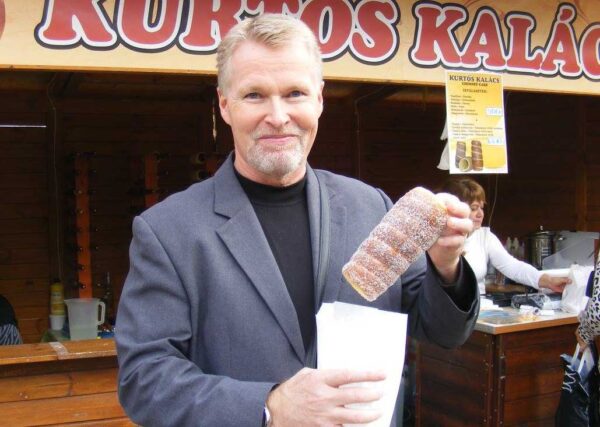By Edgar E. Figueroa
When Jesus was teaching the people about the importance of doing the right thing, He used the illustration of a sower to clarify a few points. He explained that the sower spreading the seed represented them living out the Word of God. It was their duty to be a witness of God’s word with their lifestyles. He also explained that the ground on which the seeds fell represented the different kinds of reactions they could experience as they lived out the Word. The same principles Jesus explained to his audience then still apply to us today. They will help us create realistic expectations and set us free from ill-founded motivations.
Here are five things to remember about sowing:
1. You are a sower, not a scarecrow.
Make sure you do what is right regardless of what is going on around you.
Jesus explained that some of the sower’s seeds were eaten up by birds and therefore did not yield fruit. It is not your job to guard your seed. It is your job just to sow it. It can be tempting to be a “good reaction police officer,” trying to make sure people react appropriately to your good deeds. But sometimes a good deed will need to be done for someone who will not appreciate it. Don’t fight. Just sow. You must remember that you are a sower, not a scarecrow.
2. Do not expect all seeds to yield fruit.
Not all your good actions will bring about good results.
According to the Bible illustration, only 25 percent of the seeds produced a harvest. Unfortunately, not every good deed is going to come back to us multiplied. The sooner we learn that, the quicker we will be set free of ill-founded expectations. If you do what is right only because of the results you get from doing good, the moment you do not receive good results you will have found an excuse to stop doing what is right.
3. The harvest depends on the field, not the seed or the sower.
If your good action gets a bad reaction, it’s not necessarily because you did something wrong.
If a seed does not produce a harvest, it doesn’t mean that the sower is inefficient. It doesn’t mean that the seed is bad. Most of the time, it simply means that the field it fell on was not ready for it. This doesn’t mean you do not sow in a bad field. It means that you do not beat yourself up when you do not get a harvest. The seed is the Word of God, which we know is faultless. The sower did what he needed to do – sow. The field was the problem. If a harvest doesn’t occur, just make sure it isn’t because no seed was sown.
4. The miracle isn’t really in the sowing; it’s in the harvest.
Once you get into the habit of sowing daily, the action may seem almost automatic. But don’t be fooled into overlooking the importance of your everyday actions. You never know which action is going to produce an amazing harvest. It is like God to use an ordinary seed to produce an extraordinary harvest. Fact: doing the right thing sets us up for divine blessings.
5. Sowing will be draining.
Doing what is right can be wearisome.
Sowing is a job that needs to be done intentionally and effectively. It demands attention, time, resources, and energy. Sowing drains the sower. That’s why God reminds us, “And let us not grow weary of doing good, for in due season we will reap, if we do not give up” (Galatians 6:9, ESV). Let us not cease sowing. It is what we have been created to do.
About the Author

Pastor Edgar Figueroa, along with his wife, Abigail, is currently serving as the lead pastor at First Spanish Church of the Open Bible in Miami, Florida. He is also involved with youth ministries in Open Bible. Before becoming the lead pastor at the church in Miami, Edgar served for fourteen years as a Christian school administrator.






